"Our mission is to create an environment for players to continue playing and help them design a new life after retirement"
In the world of League of Legends esports, South Korea's dominance has never been more evident. While Western leagues like the LEC and China’s LPL face questions about their future, Korea continues to set records, export top talent, and maintain an unbroken grip on competitive success. Remarkably, in the past decade, no team has claimed the World Championship without at least two Korean players on its roster. What is the secret behind this region’s ongoing success? How does it continuously produce world-class players and sustain its reputation as the premier force in League of Legends esports year after year?
In today’s feature, Sheep Esports sits down with Jinsu Park (박진수), founder of TPA Management and LCK Authorized Agent. He's for example the agent of T1’s Hyeon-Jun "Oner" Mun, the recent World Champion who recently extended his contract with the organization until 2026. This interview offers readers a rare glimpse into the inner workings of the LCK, exploring how agents manage top-tier talent and the unique regulations shaping Korea’s esports industry.
Could you tell us a little bit about your background, precisely what motivated you to become an agent for LCK players?
Jinsu Park: "Being a sports agent has been my dream since I was a kid. I've been watching athletes in various sports around me, and I've seen how they can't focus on the game because of factors outside of the game (contracts, sponsorships, taxes, etc.). That made me realize that I wanted to major in sports management and become someone who could help athletes focus on their game, and since I was interested in esports, I thought I should start a sports agency in esports.
Could you explain the process of becoming a certified agent in the LCK? What are the qualifications and steps required?
There are four steps to becoming an LCK agent: First, you need to undergo a qualification process. This is to make sure that the person has the basic qualifications to be an agent, for example, if they have a criminal record, are currently working for a club, etc. Secondly, only those who pass the qualification process will go through a seminar. In the seminar, you'll receive the basic training that LCK agents are expected to have. Then you'll take the third step, the qualification exam. The subjects assessed in the qualification exam include the LCK Authorized Agent Agreement, Team Standard Contract, Contract Law, National Sports Promotion Act, and Sports Ethics. Only those who achieve a certain level of performance in this exam will be given a passing certificate, and finally, after paying the annual fee, they will officially become an LCK Authorized Agent.
Did you think the LCK agent certification was a hard process? How did you prepare for it?
I didn't think it was a very difficult course, but I think it is an essential course because it taught me things that are essential to know as an LCK agent. I studied a little bit every day for about 4 months to get this certification, and I was able to pass the exam. However, I heard that the pass rate dropped a lot the year after the year I got it. (It means that the exam is getting harder after each year)
Can you tell us about your agency (TPA)? How did it start, and what is its mission?
As mentioned earlier, TPA Management is an LCK Authorized Agency, it represents players currently playing in the LCK and LCK CL. I found out about LCK agents through my best friend, Oner, and he became our first client. Our mission is to help players focus on their performance, which is our first mission. Additionally, our mission is to create an environment for players to continue playing and help them design a new life after retirement.
Can you share some of the key responsibilities you have as an agent, such as contract negotiations and sponsorship deals?
I am currently working on finding new teams for LCK and LCK CL players who are my clients. In this Stove League, all of our players have either re-signed or transferred to other teams. We also have a partnership agreement where only our players can get legal advice from highly qualified lawyers, and we have partnership agreements with several hospitals to help our players stay healthy. We are also working hard to manage sponsorships through collaborations with brands so that our players can generate additional income outside of their salaries.
Is there anything in particular that you are most proud of since starting TPA?
First, we feel most rewarded when our players shine on the field. With T1 winning Worlds last year and this year, we're happy to see our player Oner shine once again. It's also great to see players in the LCK CL getting recognized by their respective teams, getting higher salaries, moving to better teams, and growing.
How do you think the role of esports agents in Korea differs from the ones in Europe?
I don't know a lot of people in Europe, but from what I've heard, there's no 'authorized agent certification system' there, so I'm thinking that Korean agents might be a bit more approachable and trusted by players than their European agents."
Wrapping Up: A Deeper Look into the Landscape
It’s worth noting that while TPA Management handles the contracts for many players, the situation with T1's Oner is slightly different. In Oner’s case, his contract is managed by Shadow Corporation, currently the leading agency in Korea. Meanwhile, TPA Management focuses on the marketing and sponsorship deals for the player. This setup is not uncommon in Korea, where players can be represented by multiple agencies—provided there’s no overlap or conflict of interest in the areas each agency handles.
In addition, there appears to be an unofficial industry standard in Korea regarding agent fees. Typically, agents take around 5% of a player’s contract, and anything above that is considered an excessive cut, deviating from the norm in the market.
Header Photo Credit: Sheep Esports

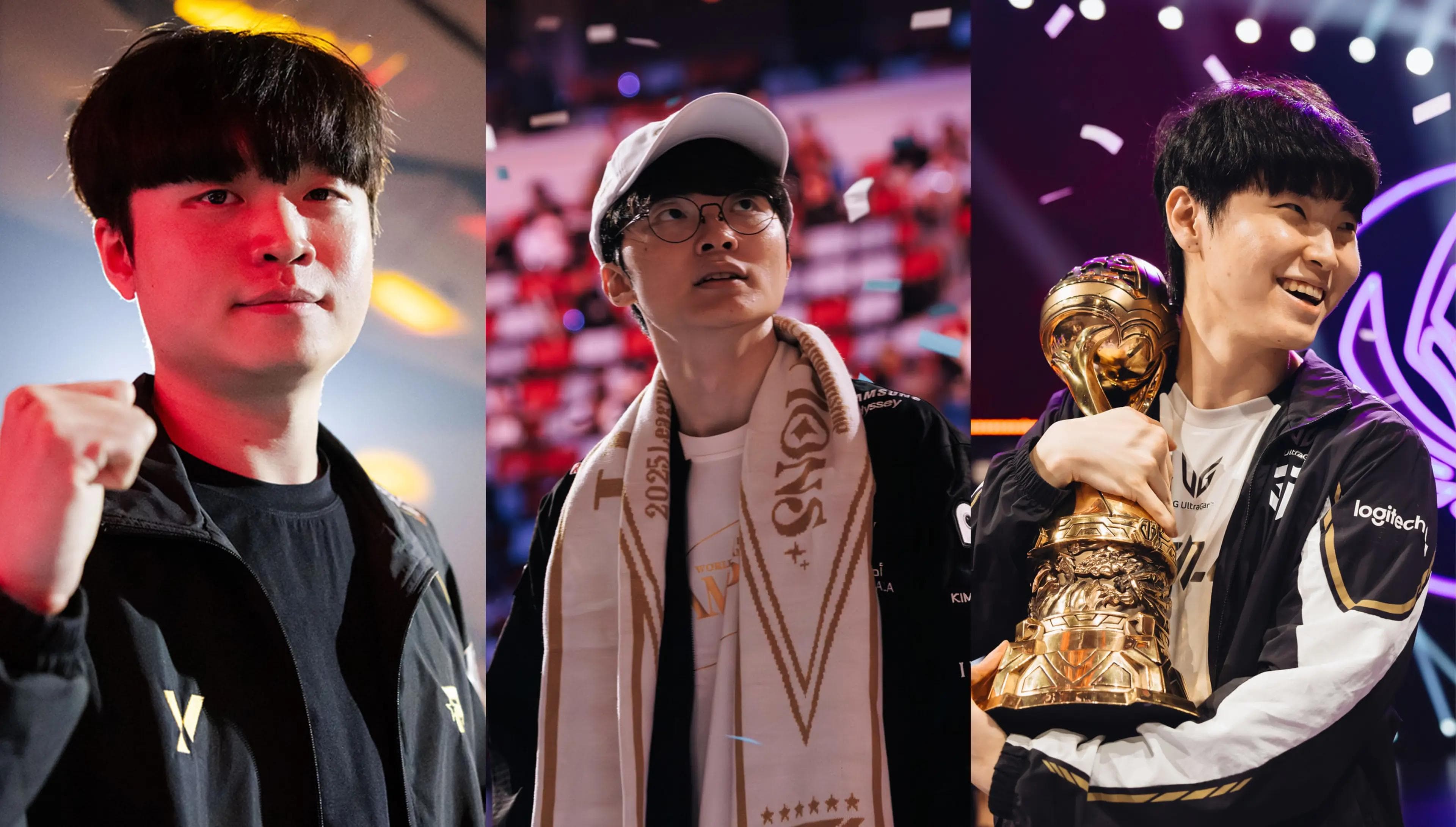

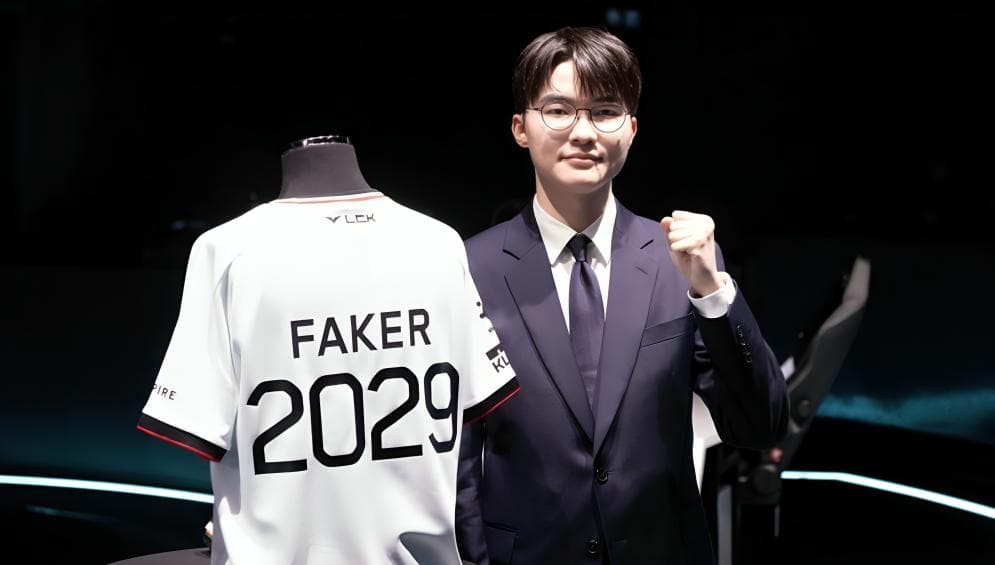
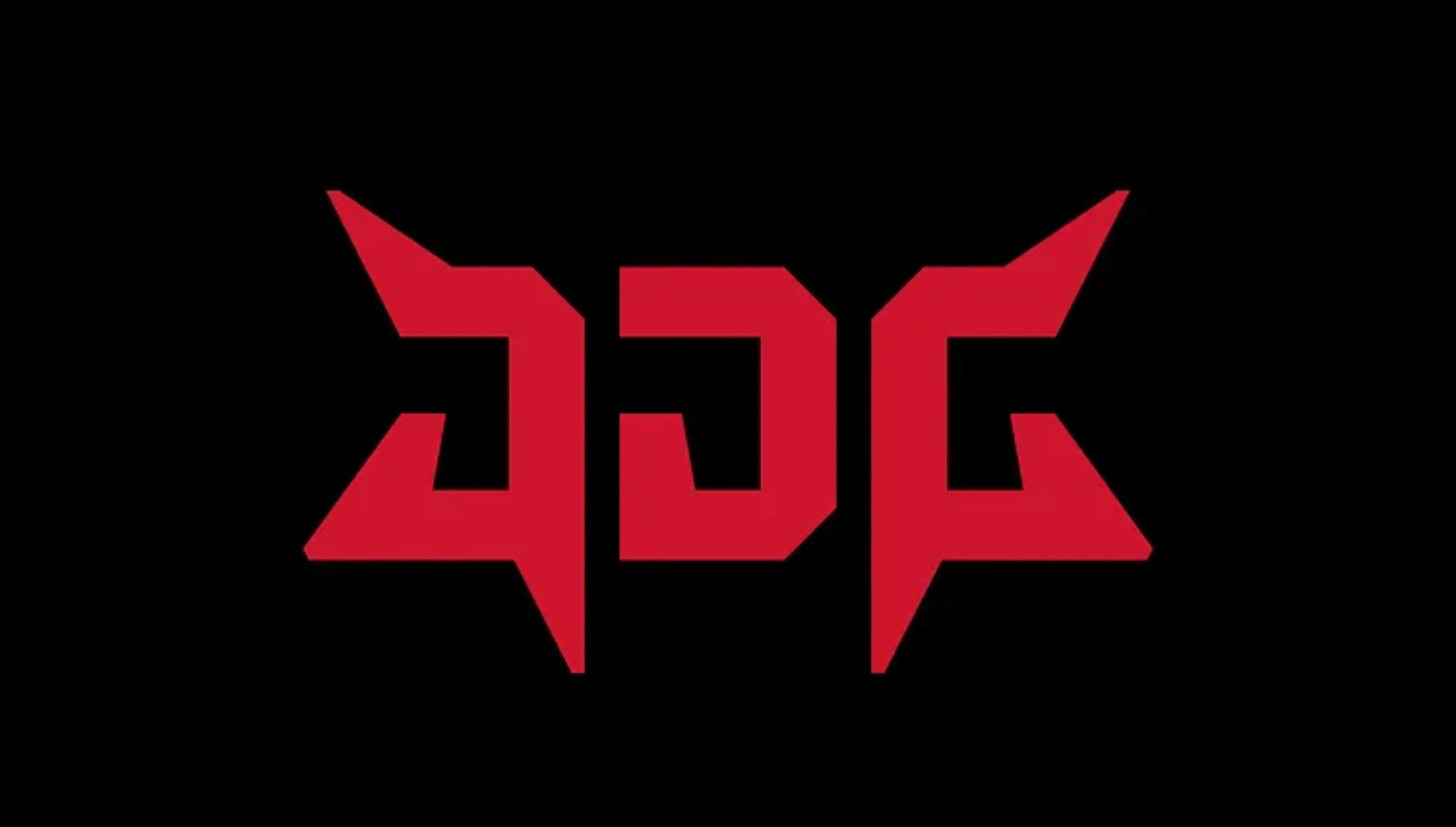
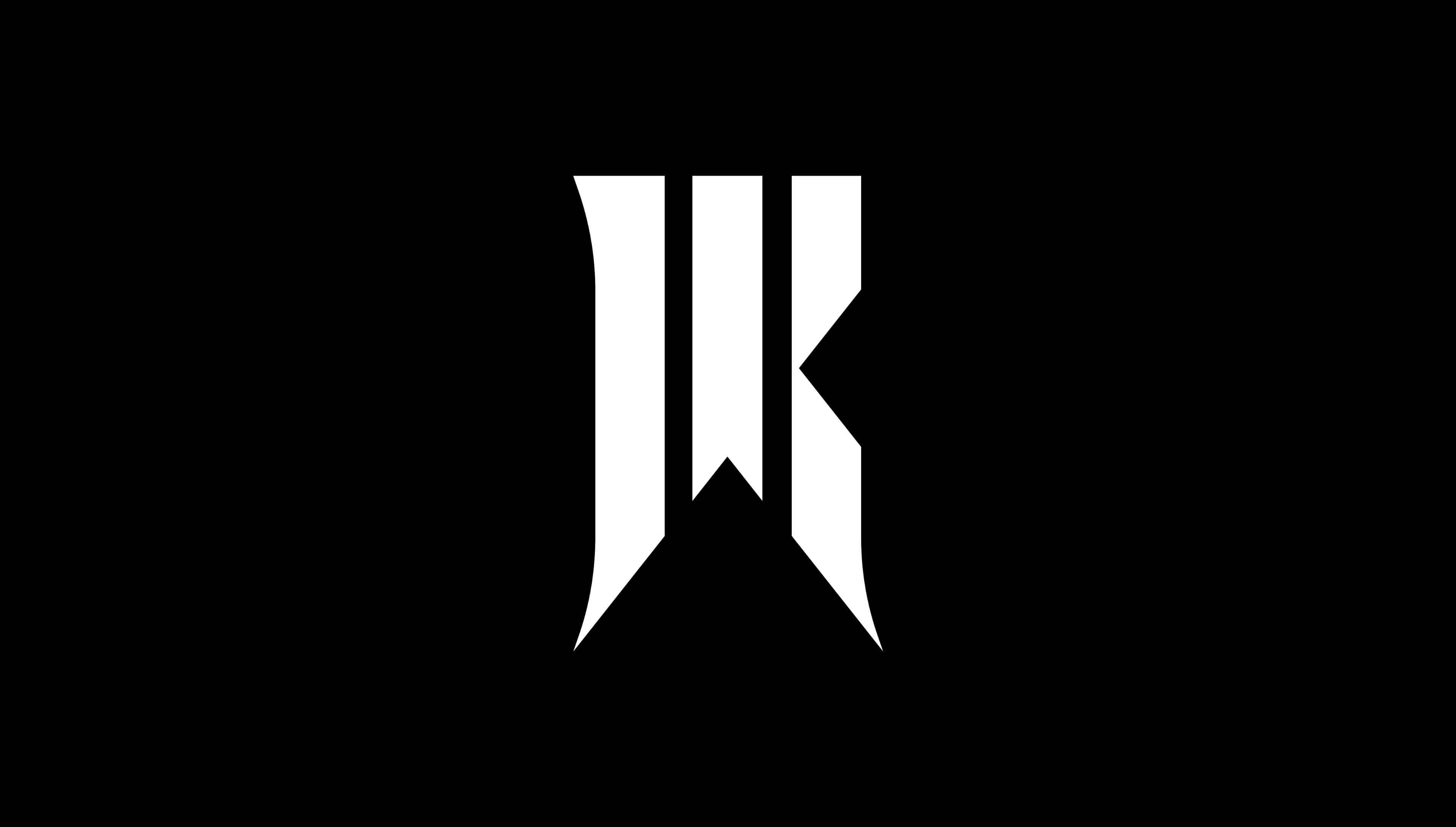
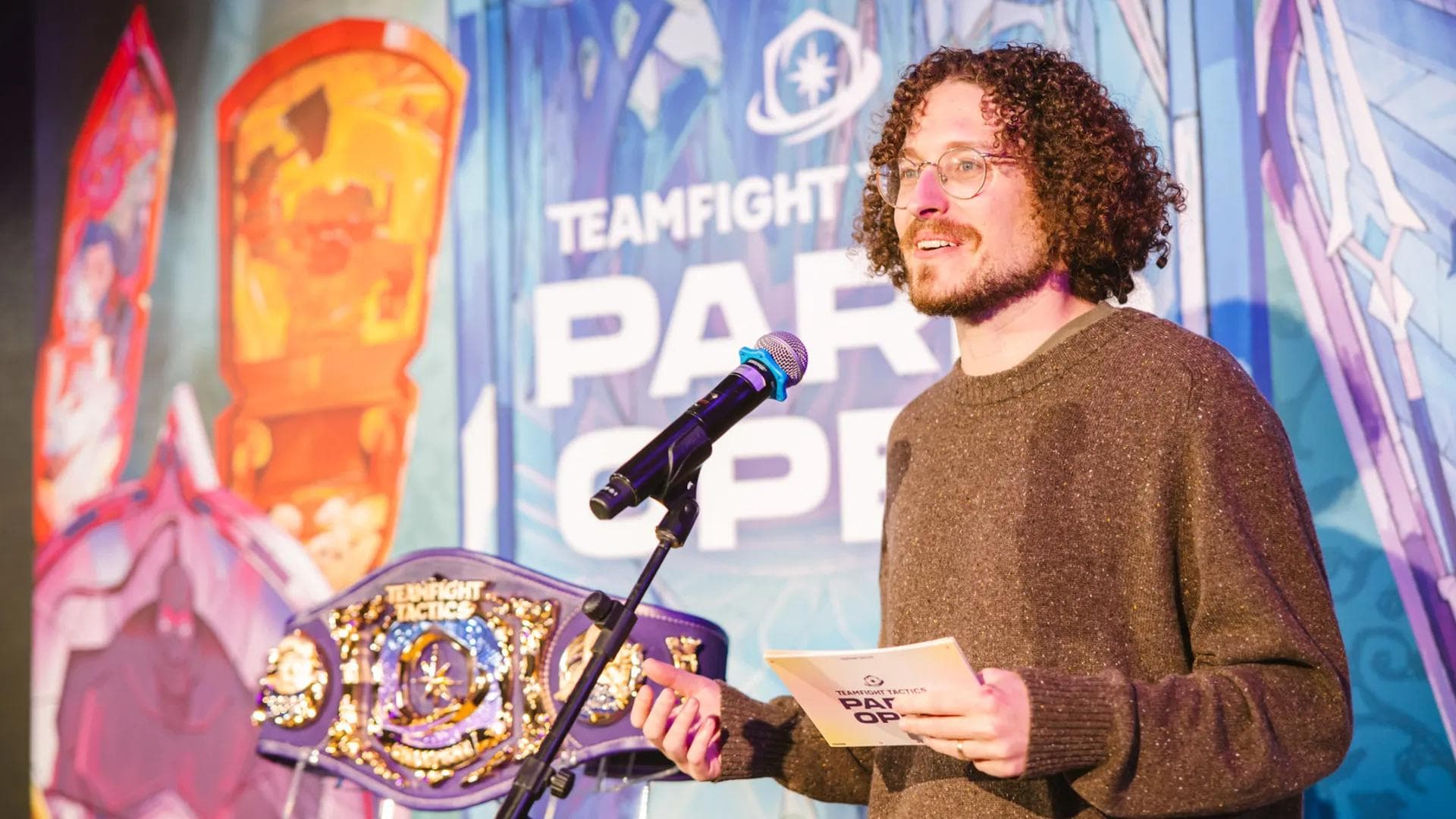
/Comments
Write a comment